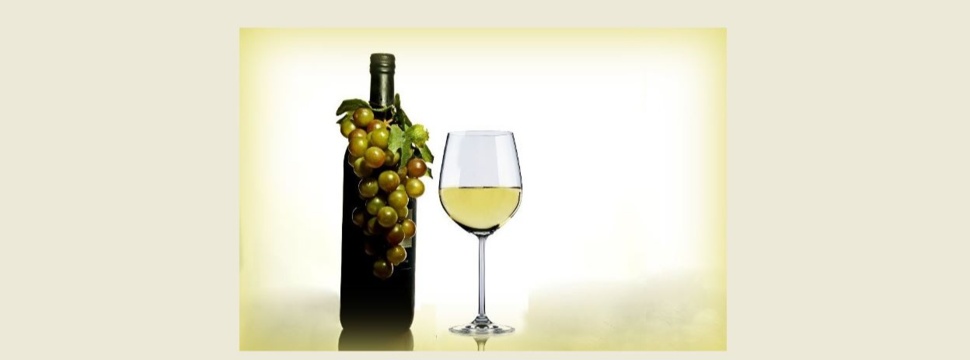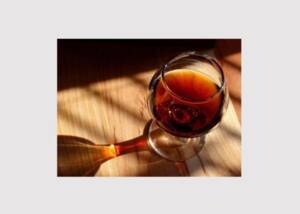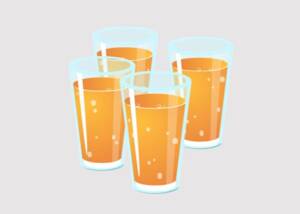The glycol wine scandal of 1985: Serious damage to Austrian wine
News News blog
In 1985, a scandal shook the Austrian wine industry to its foundations: some winegrowers had added the toxic antifreeze diethylene glycol to their wines to make them appear sweeter and more flavoursome. The so-called glycol wine scandal led to a massive loss of consumer confidence and almost brought wine exports from Austria to a standstill. The consequences were devastating.

How the fraud was uncovered
The wine manipulation was uncovered when a winegrower wanted to deduct suspiciously large quantities of antifreeze from tax - even though he only owned a small tractor. It soon emerged that some black sheep, particularly in Austria but also in Germany, had been using diethylene glycol as an illegal ingredient. They wanted to use it to "refine" late vintage wine, Trockenbeerenauslese (a sweet wine) and ice wines, which, due to their production, only achieve low yields but high prices.
The extent of the scandal was enormous: millions of bottles had to be withdrawn from the market. In Germany alone, four million litres of contaminated wine were confiscated. Although no health damage to consumers was reported, the media coverage coined the term "glycol wine scandal" - and severely damaged the image of Austrian wine. Exports collapsed and many uninvolved winegrowers suffered existential hardship.
Political entanglements in Germany
The scandal also made waves in Germany when it emerged that local companies were involved in collaboration with state ministries. The Pieroth company in particular, in which the Berlin Senator for Economics Elmar Pieroth was involved, came under scrutiny. He was accused of having made discreet agreements to keep Pieroth's name out of the affair. However, a committee of enquiry found no evidence of this.
Consequences for Austria's wine industry
Under criminal law, some of those involved were sentenced to several years in prison in Austria. The economic damage ran into millions. But it was the loss of reputation for Austrian wine as a whole that weighed most heavily.
As a consequence, the scandal led to one of the strictest wine laws in the world in 1999 with the most stringent controls. Since then, every bottle of wine has had to bear a government label. A new generation of winemakers also broke with old practices such as sugaring and focussed on quality rather than quantity.
The scandal ultimately heralded a renaissance in Austrian viticulture. However, the road to this was rocky and demanded hard sacrifices from many winegrowers. The negligent fraud of a few had brought an entire industry to the brink of ruin. The "glycol wine scandal" thus remains a reminder of how fragile consumer trust is - and how important honesty and care are in wine production.










